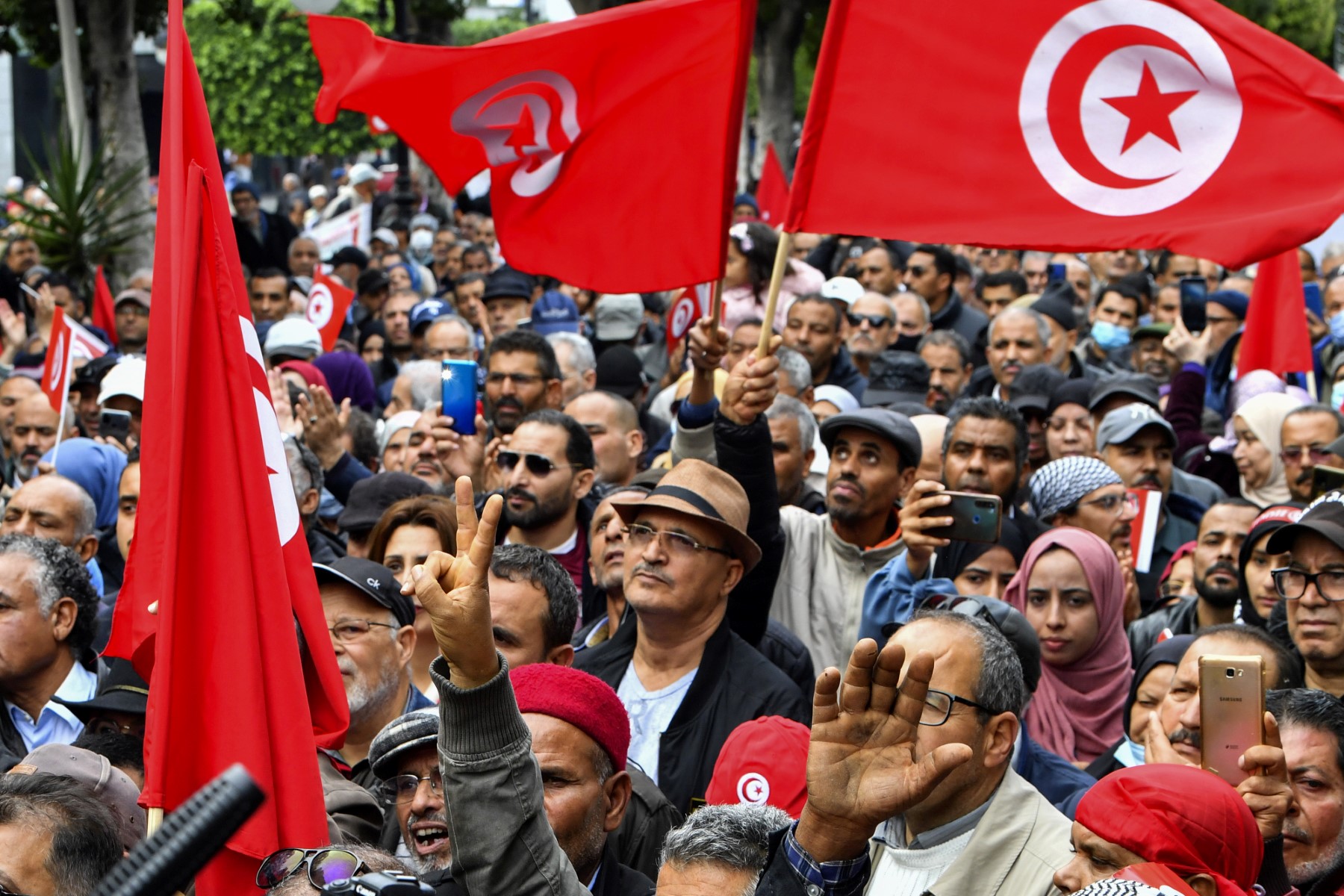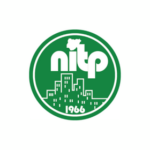
The protests were organised by political parties that had been ‘marginalised’ by Saied – first by him firing the government and suspending parliament last year, then by a new Constitution.
“Freedoms, freedoms – the police state is finished!” protesters shouted.
Demonstrators marched in central Tunis holding aloft banners with the words “resign” and others complaining that people had become “poorer and hungrier,” AFP correspondents saw.
Elevated food prices and shortages of basic goods reflect a long-running economic crisis in the North African country.
After protests toppled longtime dictator Abidine Ben Ali in 2011, Tunisia established a democracy that was quickly riven by factional infighting.
Saied’s moves since July last year, while initially welcomed by some, had raised fears among others that the only democracy to emerge from the Arab Spring protest movements was headed back to autocracy.
The economy has been struck by the coronavirus pandemic and the spike in commodity prices driven in large part by Russia’s invasion of Ukraine.
The International Monetary Fund in October announced agreement on a $1.9 billion rescue package for Tunisia, on condition of reforms.
Opposition parties are boycotting parliamentary elections set for December 17, saying the new electoral law is part of Saied’s “coup.”
AFP
Contact: [email protected]





